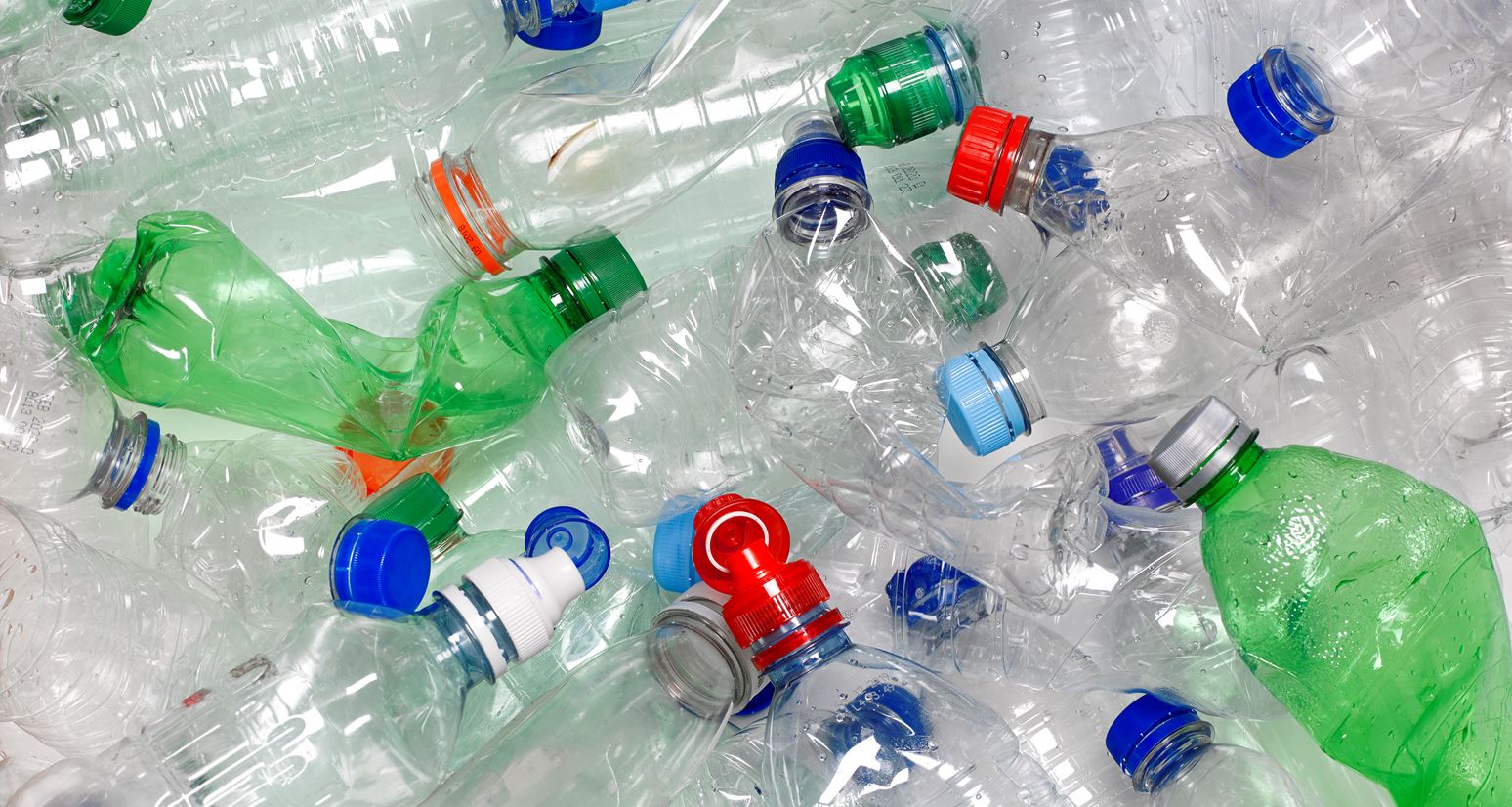A team of Ivey researchers recently published a technical note on policy-driven innovation in “reverse" supply chains.
Traditional supply chains consider the process by which virgin materials flow through different manufacturers and producers to become a final product. In contrast, reverse supply chains take end-of-life final materials and products and transform them into new materials and products that can be used again.
The work was led by Ivey faculty members, Jury Gualandris and Deishin Lee, and supported by Research Assistant and HBA ’21, Ruby Lin. In the technical report, the authors examine the structure and functioning of reverse supply chains for plastic in Ontario. They break down the process and identify key challenges in accelerating reverse supply chains, including challenges related to collection, recovery, and recycling.
The authors consider how Extended Producer Responsibility and Individual Producer Responsibility policies in Ontario will affect the development of reverse supply chains for Plastics. They also detail the need for more demand for the products and recycled content created by reverse supply chains. Demand can be stimulated through new policies but can also be achieved by governments leading by example and adjusting their public procurement towards more recycled materials.
The technical note was published and supported by the Smart Prosperity Institute, a national research and policy network focused on advancing solutions for a stronger, cleaner economy.
Read a blog written by the authors here.
